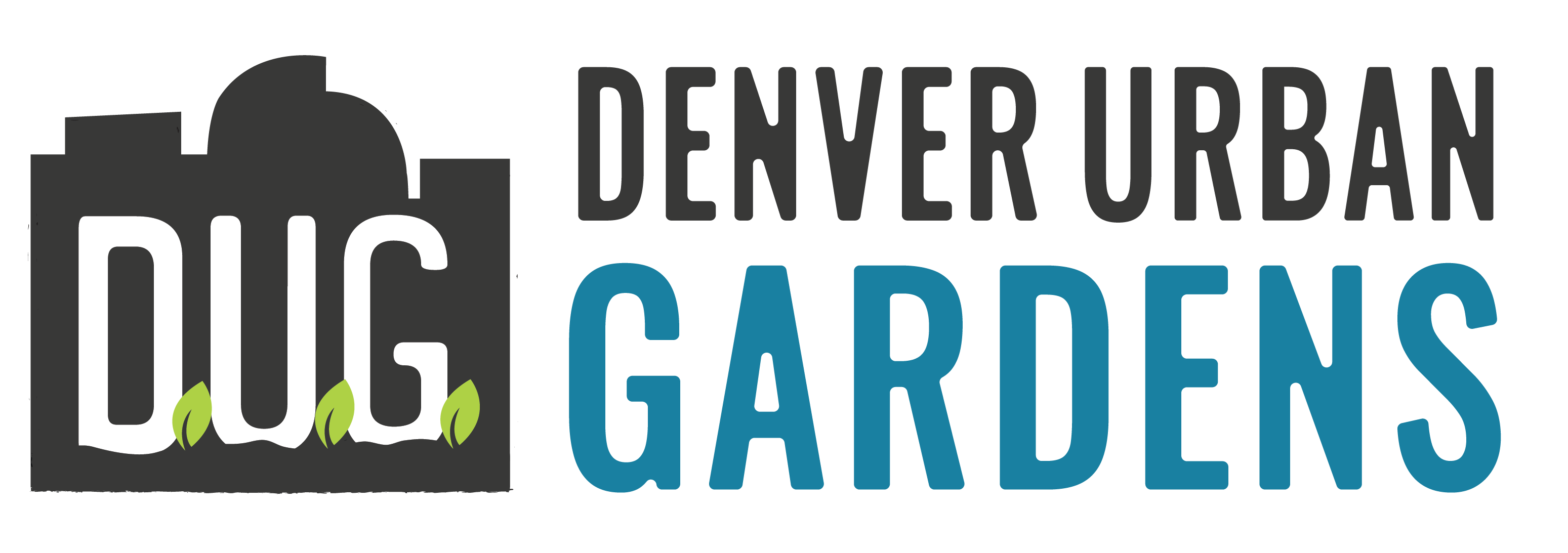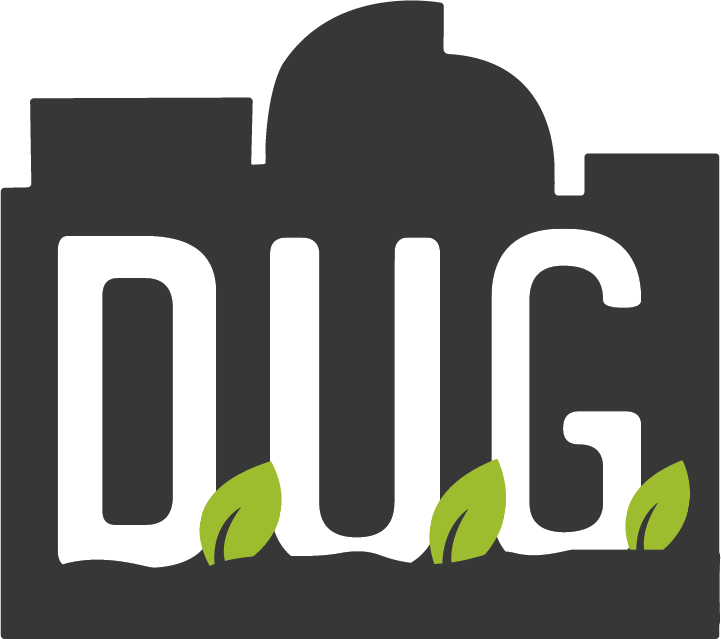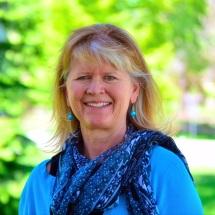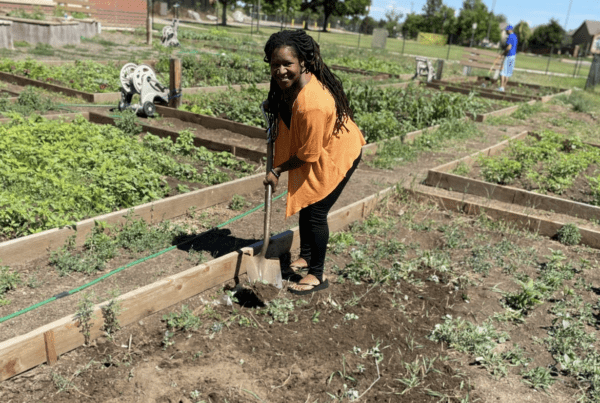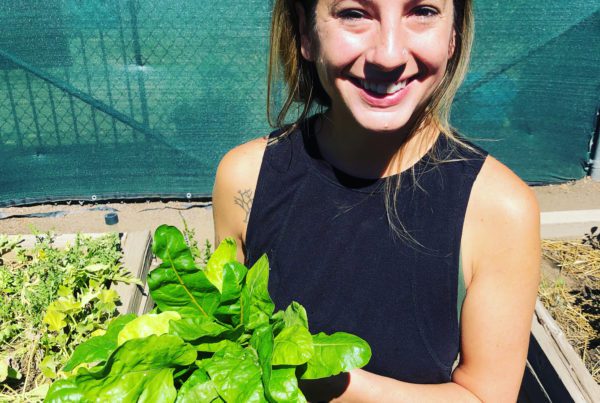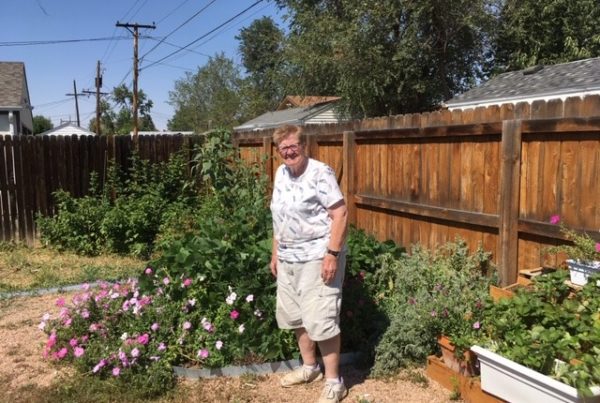#29, Meet Luz, Master Composter, Mother, and Backyard Gardener
My paternal grandfather loved the garden and had this remarkable green thumb. He could throw seeds out onto the soil, and lo and behold, it would grow–whatever it may be. My earliest memories of being in the garden were in his garden, and I considered his yard to be the Garden of Eden. It was just so green with a ton of fruit trees, rose bushes, and lots of plants. He enjoyed it so much.
My dad also has a green thumb–not to the extent that my grandfather did–but he enjoyed it as well. We just had a lot of family time in the garden; taking care of our yard was a family activity. Saturday mornings we would wake up, have breakfast, and then would all get into our gardening gear. And we would go outside to spend time caring for our plants.
I feel as though DUG has been around as long as I’ve been alive and living in Denver.
A couple of years ago though, I did come across an article about how DUG was accepting applications for the Master Composting program. I thought, ‘You know what, I don’t know much about composting, and it sounds pretty interesting.’ I’d always wanted to have a garden. At the time, we had tried to do a garden in our backyard, but our backyard was so tiny. So I decided to start by learning about having healthy soil and submitted my application.
I had the opportunity to come in for an interview, and it was very refreshing. And that was it – I started the program! Judy Elliott, Senior Education Specialist at DUG, had said that we were the largest class in history. So I thought, ‘Wow, we’re setting history already!’ And, then history hit us again, with COVID.
My season was cut in half, and our class was given the option to continue working in the community and do some work in the gardens, but we knew it was going to be very limited. Many class members dropped off, but I signed up to be the worm nanny. This was actually my first hands-on learning, and I cared for these worms over the summer.
When we were setting up the garden, Judy let us take some of the compost that we had removed from the worm bins. And she offered for us to take some of the casings home. We picked out the worms to see if we could start our own little worm bin.
I came home so excited! I gathered the family in the backyard and we pulled out a mat to dump the casings on. We took turns trying to pick out as many worms and eggs as we could. It prompted me also to take the worms to my kiddos’ classrooms.
When I had my children, for several years, I was a single mother with two children. There were times when food was just really precious– it was something that I really grew to appreciate. I’ve taught my children to value it, and we have a very special connection with food. It’s one thing to appreciate it on your plate or to save for leftovers, but then it’s another to appreciate how the food got to our plate.
I think that was really a turning point–experiencing my own kids enjoying caring for the worms, learning about the cycle of life that the worms go through, what happens to our food, and how we add it back into our gardens to create new food.
My husband had taken a stab at gardening before the class, and we had tried some gardening. Unfortunately, nothing really grew, and it was kind of an epic-fail of a garden. At the time I had already signed up for DUG’s Master Composting class, hoping to get new knowledge on how to care for my plants.
Our first year, we started with a handful of vegetables, but we also had a pumpkin patch. This pumpkin patch, it took over the yard! We were only thinking about half of them would come up, and we ended up with all 12 pumpkin plants–they just grew, and grew, and grew! We took our biggest pumpkins to a state competition, and our little ones took 1st place – our biggest one was 104 pounds! The kiddos still have their ribbons.
It’s been really eye-opening for my children. It was eye-opening for me too, and I’m nearly 40! My kids were able to engage in this new appreciation for where food comes from.
Then, I had a chance to volunteer in my kiddos’ classrooms. This fall, I came back at the beginning of the year and both classrooms asked if they could start their own worm bins. My husband and I offered to donate the bins, and we’re using those same DUG baby worms that started our family off.
Later, I was invited by DUG to show them what I was doing in the classroom. Rob Payo, Director of Youth Education, heard about what I was doing for my kiddo’s classes and invited me to talk through my lesson plan – and then they offered me an opportunity to be part of their public school, Denver Public School (Early Childhood Education) ECE programs.
Now I’m going into ECE classrooms and teaching them about Verma Composting. I am a first-generation American born –my first language is Spanish – and the composting classes that I’m teaching to ECE in Denver Public Schools, I can teach both in Spanish and English.
We break it up into two different sessions in each classroom. The first one, we’re just introducing them to the worms, talking to them about how to care for worms, the fact that they are living, and that they require care, food, water, and a nice little bed. Then, I’ll be returning back to those classrooms and leaving worm bins in the classrooms that opted to have one.
It’s been a blessing for our family, and I’m setting a way of life that will encourage my children to compost in their households, and maybe it’ll be something my children and grandchildren will remember. I think children are so blessed to be able to still have that fresh set of eyes and fresh perspective that we take for granted. You forget the little things in life are what’s important.
Gardening means a lot to me; I feel so connected to our planet, as well as to my grandfather, when I can grow in my garden. It’s all been organic. It’s so natural, and that’s what makes it easy.
Hopefully, in my kiddos’ lifetime, everyone will be composting. It just repeats itself, so I’m spreading the word on how each one of us has a responsibility and the ability to make some small changes in our lives for our planet.
